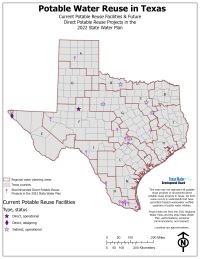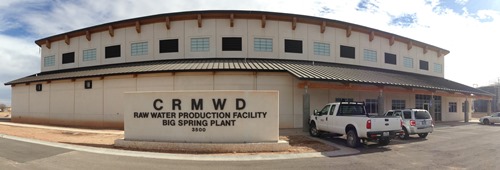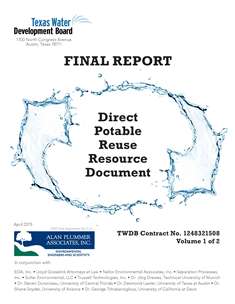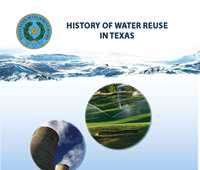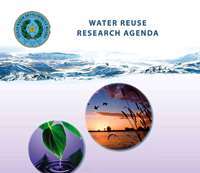Water Reuse
 Water Reuse generally refers to the process of using treated wastewater (reclaimed water) for a beneficial purpose. The degree of treatment depends on the proposed use for the water. There are two major categories of water reuse: direct reuse and indirect reuse. Both categories can also be used for potable purposes. Examples of direct reuse for non-potable purposes include using piping reclaimed water to golf courses to irrigate, industrial center for manufacturing, and power plant for cooling purposes. Direct potable reuse is the introduction of treated reclaimed municipal wastewater either: (1) directly into a public water system or (2) into a raw water supply immediately before the water that enters a drinking water treatment plant (Health and Safety Code �341.0391).
Water Reuse generally refers to the process of using treated wastewater (reclaimed water) for a beneficial purpose. The degree of treatment depends on the proposed use for the water. There are two major categories of water reuse: direct reuse and indirect reuse. Both categories can also be used for potable purposes. Examples of direct reuse for non-potable purposes include using piping reclaimed water to golf courses to irrigate, industrial center for manufacturing, and power plant for cooling purposes. Direct potable reuse is the introduction of treated reclaimed municipal wastewater either: (1) directly into a public water system or (2) into a raw water supply immediately before the water that enters a drinking water treatment plant (Health and Safety Code �341.0391).
2025 Meeting Announcements
- 2025 WateReuse Symposium, Tampa, FL, March 16-19, 2025
- 2025 WateReuse Texas Conference, Houston, TX, September 16-18, 2025
Direct and Indirect potable reuse facilities around the world and Texas
Completed Research Projects
Testing Water Quality at the Raw Water Production Facility in Big Spring.
TWDB-funded Project Reports
Disclaimer: Links to and information about Web sites outside the TWDB are provided solely for the convenience of the user and do not constitute an official endorsement of the information, products, or services contained therein.
